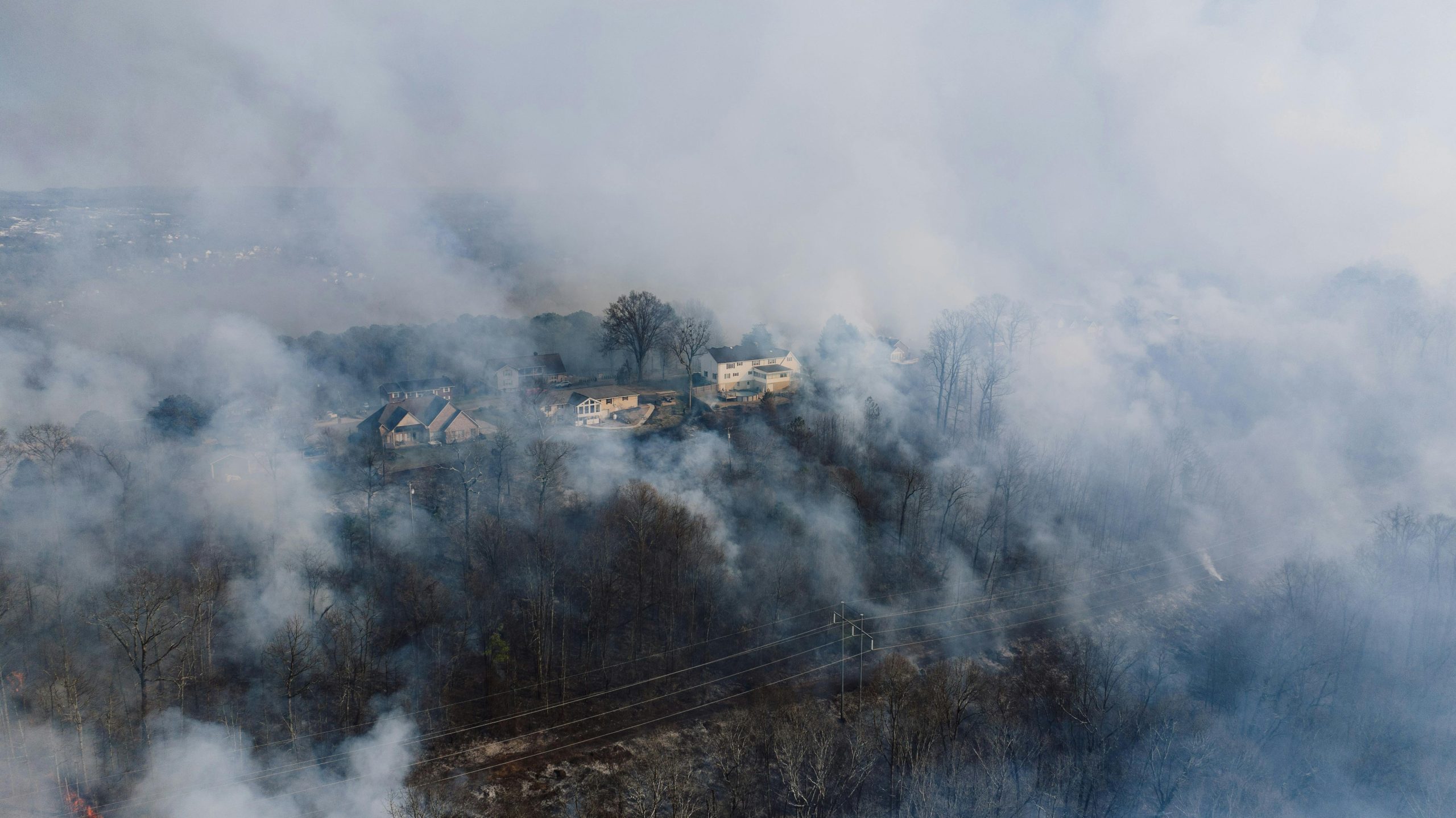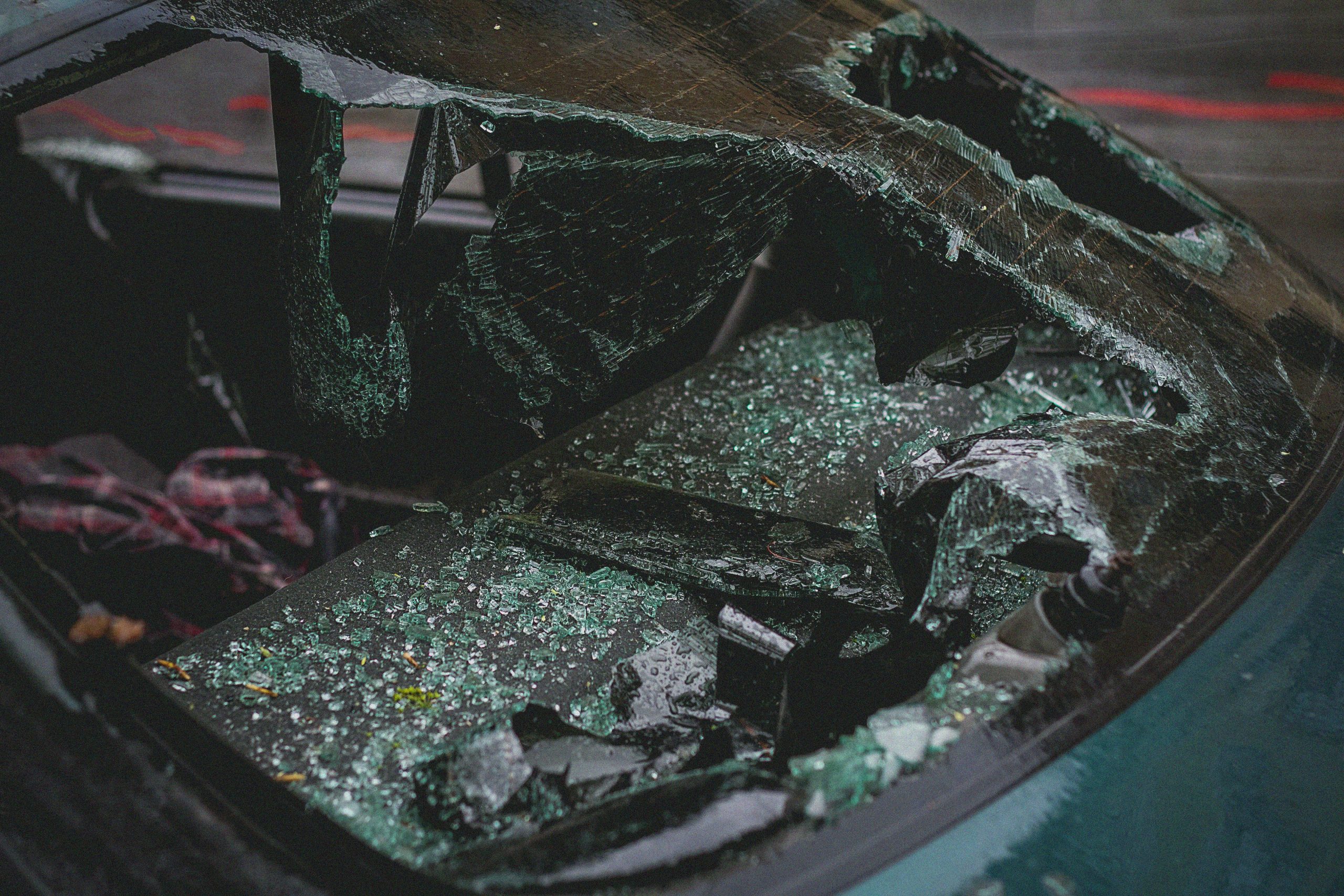Total Fire Loss Inquiry
In the event that a home is classified as a total loss due to fire damage and has $500k coverage with up to 125% Replacement Cost (accounting for features like two grand chimneys, a pool, and solar panels), I have a few questions:
-
Is the cost of demolition and cleanup included in the original replacement cost calculation? For instance, the adjuster mentioned that expenses for blueprints and permits are considered additional coverage beyond the Replacement Cost Valuation.
-
If the estimated costs for certain items, such as solar panels or a pool, are significantly higher than what has been assessed, do they adjust the estimates you provide upfront, or does this adjustment take place after the repairs are completed?
-
If a homeowner obtains 3-4 quotes for one or more repair tasks, like a new foundation estimated between $80k and $120k, can they perform the work themselves and submit those estimates as proof of the value of their efforts? Will the insurance only cover material costs if the homeowner conducts the repairs?
I appreciate any insights and assistance you can provide!




It sounds like you have some important questions regarding the total fire loss of your home and the associated insurance coverage. Here are some insights on your concerns:
Demolition and Cleanup Costs: Typically, demolition and cleanup costs can be included in the overall replacement cost calculation, but it can depend on your specific policy. Many insurance policies do provide coverage for these expenses, but it’s crucial to clarify with your insurance adjuster whether these costs are included or if they need to be claimed separately. As for blueprints and permits, these are often considered additional expenses, which aligns with what your adjuster mentioned.
Adjustments for Higher Costs: If the cost of certain items, like solar panels or pools, is significantly higher than what the adjuster initially estimated, it generally depends on the process your insurer follows. Many insurance companies will consider your estimates, but they may also want to see the actual invoices or quotes upon completion of the work. It’s best to keep detailed documentation of all estimates and any discussions with the adjuster to support your case.
DIY Work and Insurance Payouts: Most insurance companies will assess the final payout based on actual costs incurred rather than estimates if the homeowner does the work themselves. This means that unless you have a licensed contractor do the repairs, the insurer may only reimburse you for the cost of materials and not for labor. It’s essential to check your policy for specifics and to discuss any DIY work with your adjuster beforehand to ensure you’re clear on what will be reimbursed.
In any case, keeping thorough documentation and communicating consistently with your insurance representative will help you navigate these issues more smoothly. It may also be helpful to consult with a public adjuster if you feel your needs aren’t being adequately addressed by your insurance company. Good luck!